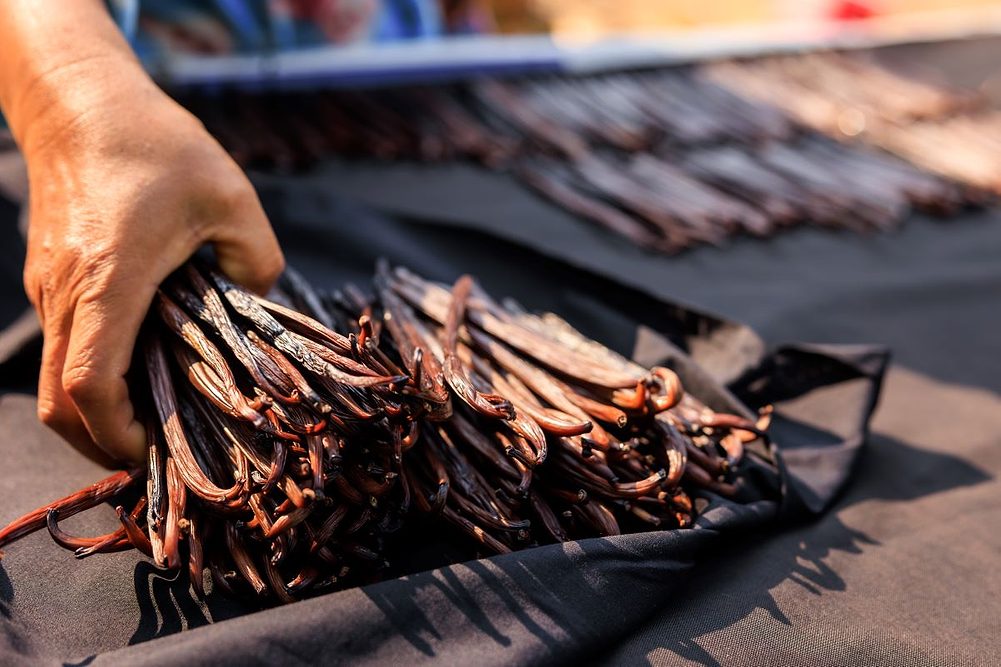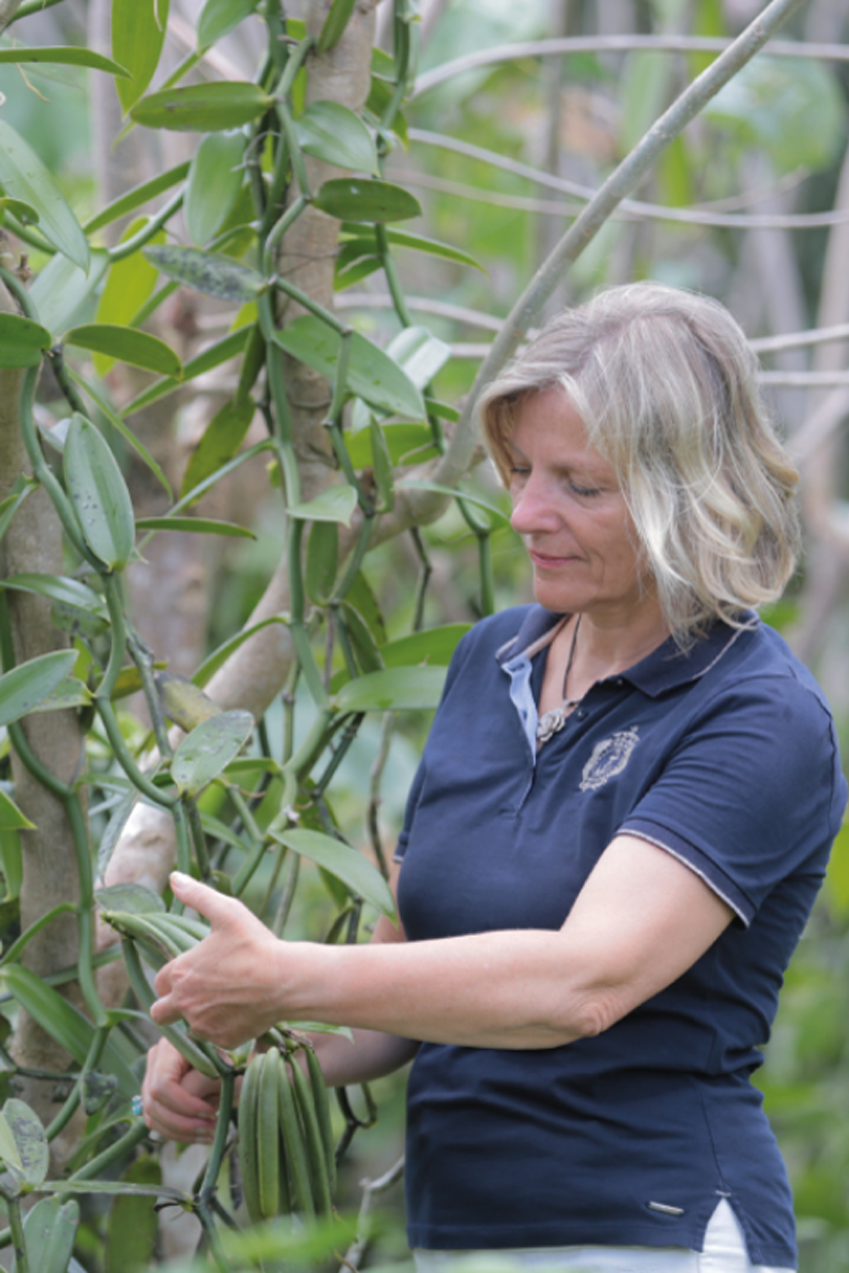
Prova scaling its sustainable vanilla supply chain
BEVERLY, MASS. — As officials from around the world gathered in the United Arab Emirates for COP28 — the United Nations Climate Change Conference — this month to find a way forward to creating a more sustainable global environment, individual businesses have been building on their decades-long efforts to contribute and create a more sustainable food system. Extract and flavor manufacturer Prova, for example, continues to make strides in its efforts to create a more robust vanilla supply chain in Madagascar and simultaneously improve the livelihoods of the farmers and their families that support and rely on a sustainable system.
“I want to commit to more sustainable sourcing where the first step in the supply chain has a chance to benefit from the arrangement,” said Muriel Acat, president of Prova.
 Muriel Acat, president of Prova. Photo: ProvaThe company’s journey has been incremental, building on past successes and adapting to shifting global trends and market volatility.
Muriel Acat, president of Prova. Photo: ProvaThe company’s journey has been incremental, building on past successes and adapting to shifting global trends and market volatility.
“Prova’s sourcing programs are based on the company’s CSR (corporate social responsibility) strategy and values,” said Juan Felipe Rivera, CSR project manager for Prova. “One of the four pillars of our CSR strategy is the ‘Taste for Products,’ which focuses on transforming our sourcing practices to better address the challenges of working with exotic ingredients in complex supply chains. In our Madagascar vanilla program, we strive to have a complete understanding of the supply chain, ensuring transparency regarding the origin and cultivation methods of the vanilla.”
While the overall goals of any sustainability program are to mitigate climate change and improve the livelihoods of those participating, Prova has learned that achieving its goals requires a significant focus on education and training and, more importantly, follow-up.
“In the beginning, we were doing more general and widespread training with less follow-up,” Mr. Felipe said. “Pure training alone has a limited effect on the target population. Depending on the subject, we are trying to do smaller pilot groups where we can assure a follow-up after the training is given. This allows us to better track the adoption rate of the given training.”
Prova’s commitment to training goes well beyond farming. The company supports the rehabilitation of schools and provides school supplies as well as financial management training to support families and help improve their lifestyle.
The company’s sustainability program in Madagascar is built around five areas of focus, including agriculture and the education of farmers; the education of children; fostering health and health care in communities; supporting families by promoting fair wages and financial training; and preserving the environment through environmentally friendly production practices.
Incorporated into the five areas of focus are more than 50 key performance indicators (KPIs) that help the company track and improve the program’s performance. The KPIs are reviewed annually and updated as progress is made or circumstances on the ground change.
An example of circumstances changing may be seen in the fluctuating price of vanilla. Madagascar is the leading vanilla exporter by volume in the world. After several years of higher prices, increased supply and weaker demand have lowered prices, which in turn puts pressure on those that rely on the crop for their livelihood.
“It was not a surprise to discover how market dynamics could take a toll on our impact on the ground,” Mr. Felipe said. “However, it did take us by surprise the way it happened during 2023.
“Madagascar is going through a very difficult time and the lack of market activity pushes farmers into poverty. We can try to mitigate the impact of the market’s nature on farmers by having reliable sourcing practices, but it has its limitations.”
Another challenge Prova has faced is measuring the performance of some KPIs.
“Measuring the implementation of farmers’ agroforestry practices has been particularly challenging,” Mr. Felipe said. “We associate agroforestry with intercropping and the presence of large shade trees, ideally local species, inside the vanilla plots.
“However, quantifying the number of such trees or crops has proven to be quite difficult. With hundreds of acres of plots involved in our program, gathering reliable information on this subject has been a bit complex.”
Another aspect of the Prova program is communication — and not just with stakeholders in Madagascar. As more of the company’s customers have embraced sustainable sourcing practices and established specific goals, Prova is seeking to communicate how its efforts contribute to those goals.
Using social media, specifically LinkedIn, the company has created pages people may use to learn more about its efforts. The pages are designed to demonstrate that Prova’s efforts in Madagascar “go beyond the environment and affect the population.”
“Everyone has their own concept of sustainability,” said Julie Pickette, marketing manager with Prova US. “We are trying to communicate the scope of our efforts. We want to show that what we are doing in Madagascar flows through the entire supply chain and plays a role in the sustainability programs of others.”
